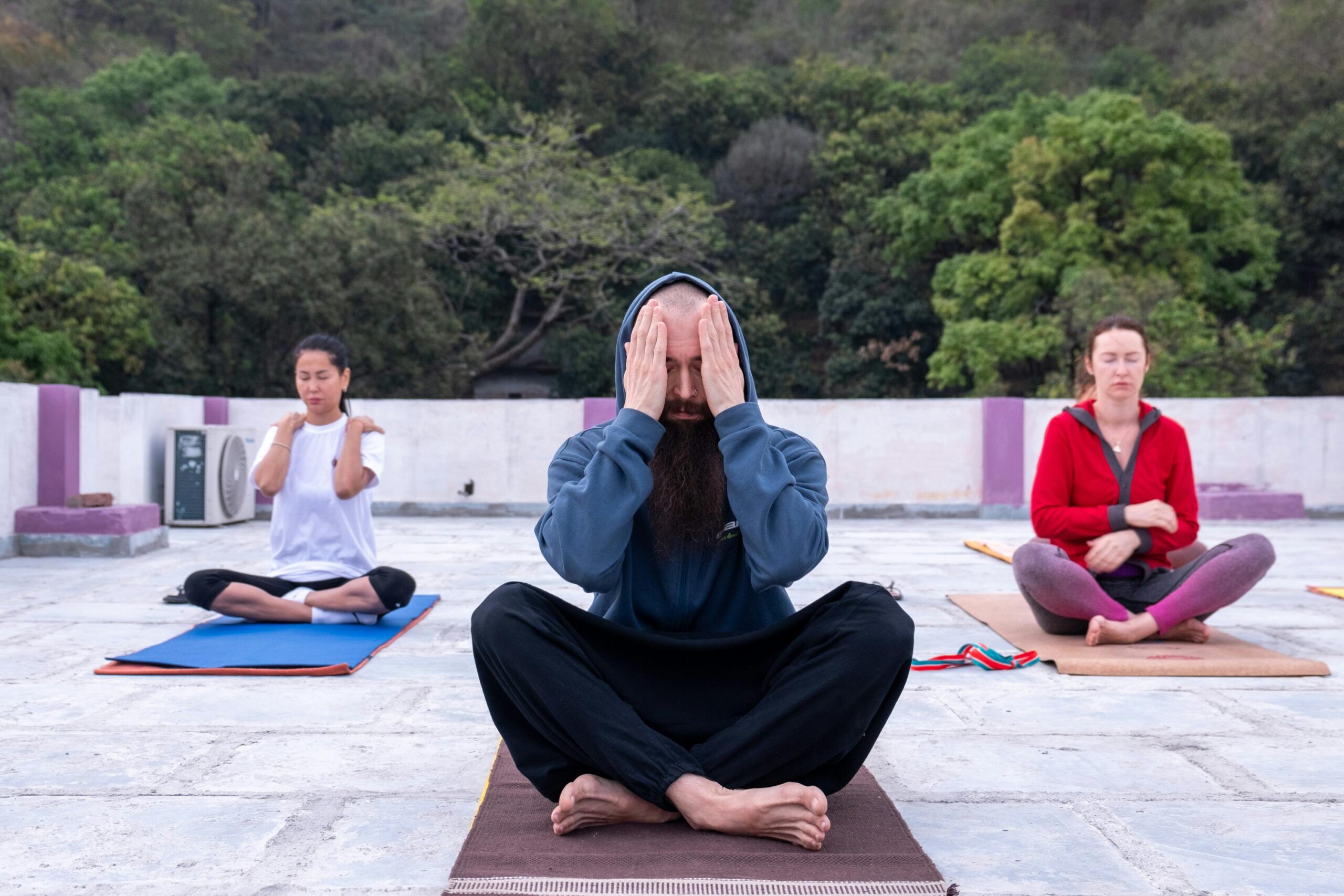Yoga: The Path to Physical, Mental, and Spiritual Wellness
Live out your life.
The Meaning and Philosophy of Yoga
The word yoga is derived from the Sanskrit root “yuj”, which means “to unite” or “to join.” In its deepest sense, yoga is about the union of the individual self with the universal consciousness. Rooted in Hindu philosophy, yoga is one of the six major schools of Indian thought and is also integral to many Buddhist and Jain practices.
Yoga is traditionally described in the ancient text The Yoga Sutras of Patanjali, which outlines the "Eight Limbs of Yoga." These eight steps guide a person toward spiritual enlightenment and include moral disciplines (yamas), self-restraints (niyamas), physical postures (asanas), breath control (pranayama), sense withdrawal (pratyahara), concentration (dharana), meditation (dhyana), and ultimately, enlightenment (samadhi).

As yoga evolved and spread around the world, various styles and schools developed, each with its own emphasis and benefits. Some of the most popular types include:
Types of Yoga
Our skills
Health Benefits of Yoga
Scientific research continues to confirm what yogis have known for centuries—yoga is incredibly beneficial for overall health. Some of the key physical and mental health benefits include:

- Improved Flexibility and Strength: Regular practice increases muscle tone, core strength, and joint mobility.
- Better Posture and Balance: Yoga helps align the body and enhances stability and coordination.
- Stress Reduction: Through mindful breathing and meditation, yoga activates the parasympathetic nervous system, promoting relaxation and reducing anxiety.
- Enhanced Mental Clarity: Yoga improves focus, memory, and cognitive function.
- Boosted Immunity: By lowering stress hormones and stimulating the lymphatic system, yoga can enhance the body’s natural defenses.
- Cardiovascular Health: Certain styles of yoga lower blood pressure and cholesterol, improving heart health.
- Pain Management: Yoga is known to alleviate chronic pain, including back pain, arthritis, and migraines.

Yoga as a Lifestyle
Beyond the mat, yoga is a way of life. Practicing mindfulness in daily activities, maintaining a balanced diet, cultivating compassion, and living with intention are all part of the yogic path. Many yoga practitioners adopt vegetarian or vegan diets, refrain from harmful habits, and engage in selfless service (seva) as part of their journey toward inner peace.

Yoga in the Modern World
In recent decades, yoga has surged in popularity, with millions of people practicing worldwide. It is offered in gyms, studios, schools, workplaces, and even online. The COVID-19 pandemic further boosted interest in home-based yoga and meditation, highlighting its adaptability and relevance in modern life. While some criticize the commercialization of yoga and its separation from spiritual roots, many modern teachers are working to preserve the authenticity of the tradition while making it accessible to a wider audience.
Conclusion
Yoga is much more than a fitness trend—it is a timeless practice that nurtures the whole self. Whether you are looking to build physical strength, find mental clarity, or connect to something greater than yourself, yoga offers a path to transformation. With consistency and dedication, anyone can unlock the powerful benefits of this ancient discipline and move toward a more balanced, peaceful, and fulfilling life.